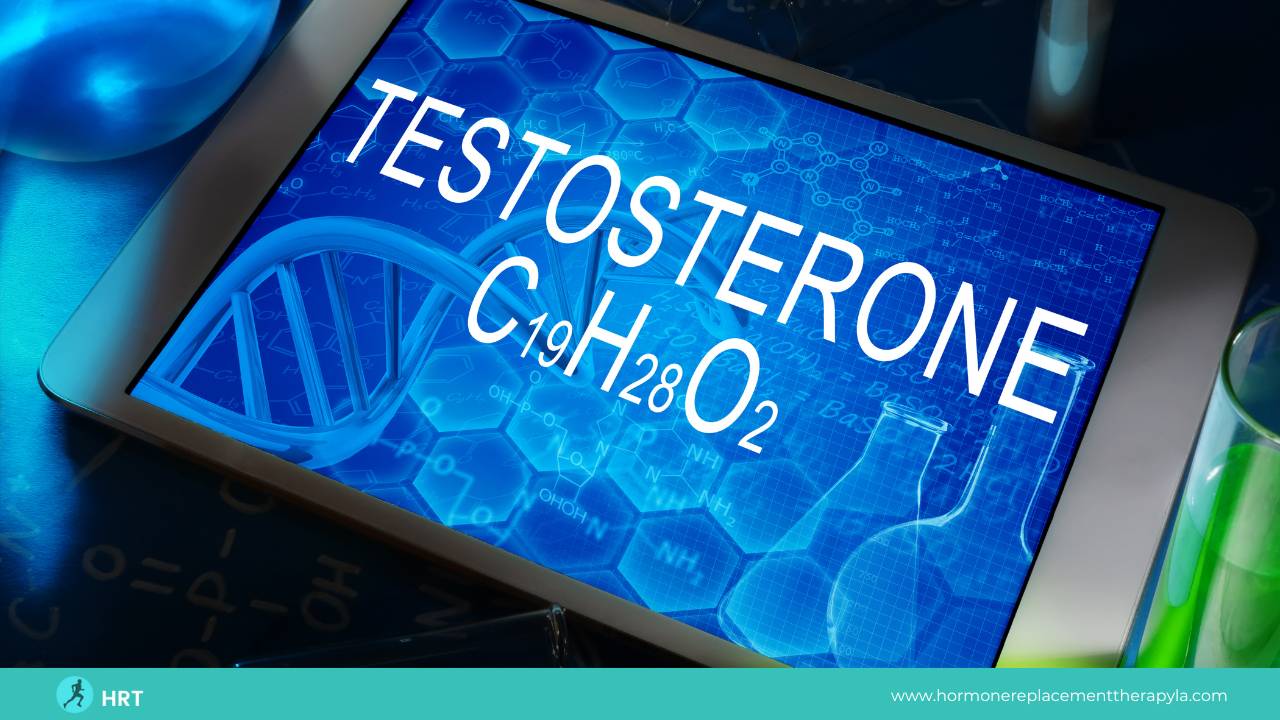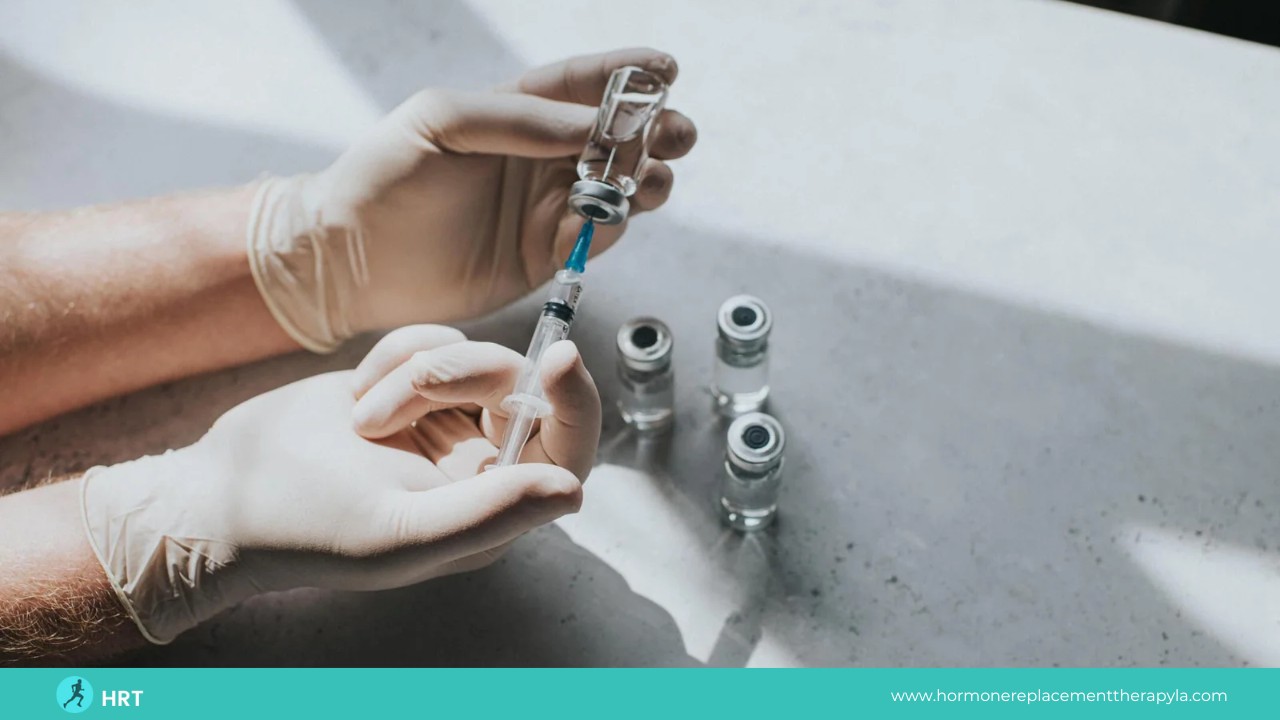Menopause is a biological process that women go through in their 40s or 50s. The average age of women who go through menopause is 51 in the United States. It’s the time that marks the end of a woman’s menstrual cycle. Women are diagnosed with menopause after 12 months of no menstrual periods. However, the symptoms can last years with no real defined time period as it varies from woman to woman. The first part of the menopause process is perimenopause. This is the phase where your body will start providing clues that you are about to enter the process of menopause. It can come with a variety of symptoms that are treatable with hormone therapy and certain lifestyle changes. Below are some of the first signs of menopause.
Menstrual Cycle Changes
One of the first signs of menopause is when your menstrual cycle starts changing. Some of the possible changes include your period being longer or shorter, closer together, heavy bleeding, or spotting. While these changes are not always a sign of menopause, you should contact your doctor if you notice changes in your period.
Call +1-424-283-4273 Or Click Here to Send Us Email

Sleep
As you age and around midlife, women can experience trouble with sleep. Usually, women have trouble getting a restful night’s sleep because they are either unable to fall asleep or wake up throughout the night. Women may also experience night sweats in addition to waking up.
Hot Flashes
One of the most common first signs of menopause is hot flashes. These can continue to last a few years after menopause. They are often related to the change in estrogen levels. A hot flash can last between 30 seconds to 10 minutes and involves a sudden feeling of heat in the upper part of the body. They can happen as often as multiple times an hour to as little as just once a week depending on the person.
Vaginal and Bladder Changes
You may experience vaginal dryness which can make sex uncomfortable. You may also experience more bladder infections. Some women also experience incontinence which involves a loss in one’s bladder control.
Changed Mood
With the first signs of menopause come irritability and mood changes. It is not completely clear why, but there are a number of factors combined with menopause that make mood changes more noticeable during menopause. The factors include stress; family changes like growing children or aging parents; a history of mental illness, including depression; or feeling more tired due to the frequent mood changes.
Sex
Your sex life will likely change as one of the first signs of menopause. Your sex drive may increase or decrease during and after menopause. You may also feel less comfortable during sex due to the changes in your body. Communicating with your partner is important during this time period so they understand the changes you are going through.
Weight Gain and Metabolism Changes
Menopause slows down your metabolism which can lead to weight gain. While you may carry your weight on certain parts of your body, women oftentimes will gain in their waist area during and after menopause. You can talk with your doctor about diet and exercise changes to help with the transition.
Skin and Body Changes
You may notice your skin thinning and getting dryer. You may also notice that your breasts become less supple and firm. Due to the change in hormones, your body will inevitably have visible external changes.
If you experience some or all of these symptoms you may be experiencing the first signs of menopause. Contact your doctor and see if they have any treatments for any of your symptoms that aren’t manageable at home. Often times hormone replacement therapy is suggested as it compensates for the major hormonal changes that occur during menopause.
Hormone Replacement Therapy in Los Angeles, California
Hormone Replacement Therapy Los Angeles uses bioidentical hormones that are identical to the molecules produced in your own body to assist in the process of menopause. The treatment is referred to as Bioidentical Hormone Replacement Therapy for Menopause. The methods of administration depend on the specific type of hormone treatment and the unique medical needs of the patients. Even if you are unsure about whether you want or should have menopause therapy, contact Hormone Replacement Therapy Los Angeles for a consultation and get all of your questions answered. Dr. David Nazarian and his team of experts are eager to help everyone get back to feeling like themselves again. He specializes in hormone replacement therapy and is one of the most trusted doctors in the area.





